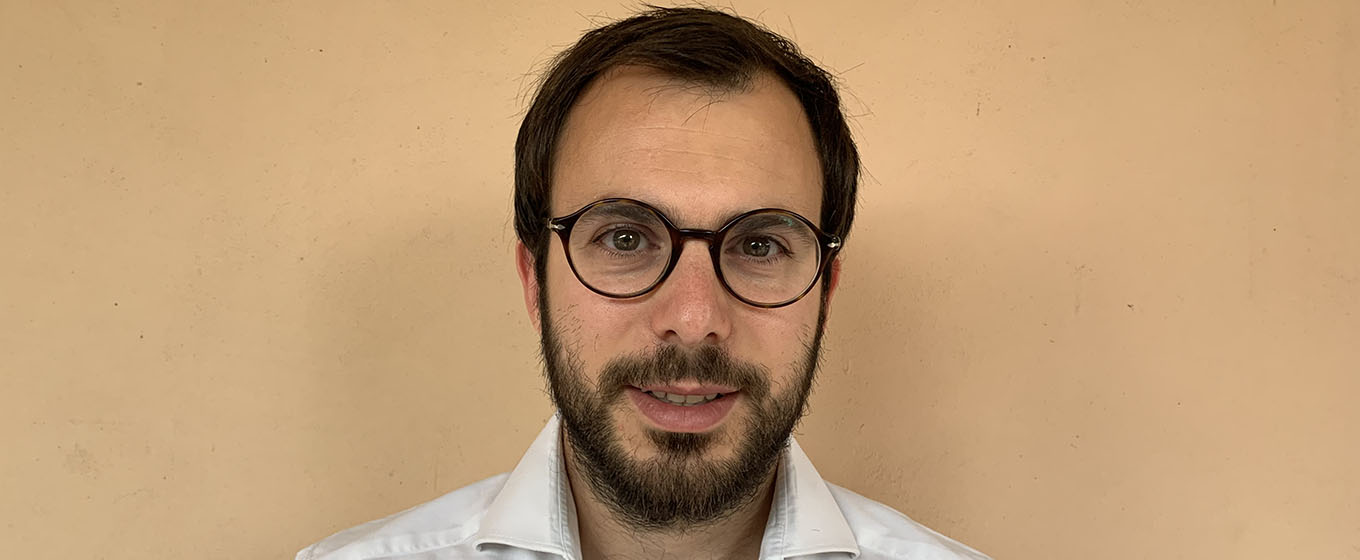Dr Edoardo Cola, resident in gynaecology

What made you take part in the project?
I believe in international cooperation, especially during difficult times such as the present crisis. The Covid-19 pandemic has affected us all deeply, forcing us to face up to our fragility; it has shaken our belief that we can control everything, or almost everything. In countries with few economic resources, this is daily life. By making us face up to our weaknesses and our fears, this pandemic has drawn out surprising resources in each and every one of us, reawakening feelings of sharing and international solidarity. Health is an absolute good, wherever we are in the world.
What was your role in the project?
I was responsible for coordinating the twelve colleagues from Eritrea who accepted our proposal. As the coordinator of the group, I organized the distribution of teaching material and logistic information and I gathered and answered any doubts and queries relating to the project.
This project was organized entirely in distance mode: how would you assess this method and what advantages did you find?
The distance mode allowed us to involve African nations, working with colleagues scattered throughout these countries. The quality of the images and the materials and the skill of the lecturers made it possible to hold interactive workshops of a very high standard, in which all the participants felt involved and could intervene directly. I believe this has shown the efficacy of the method, particularly when working with countries with low economic resources.
Has this experience inspired your professional perception in any way?
It has strengthened my belief that an exchange of information, and sharing of problems, ideas and techniques with poorer countries can enrich all of us. I am certain that these projects should be encouraged and I will undoubtedly be committed to seeing that they are.

